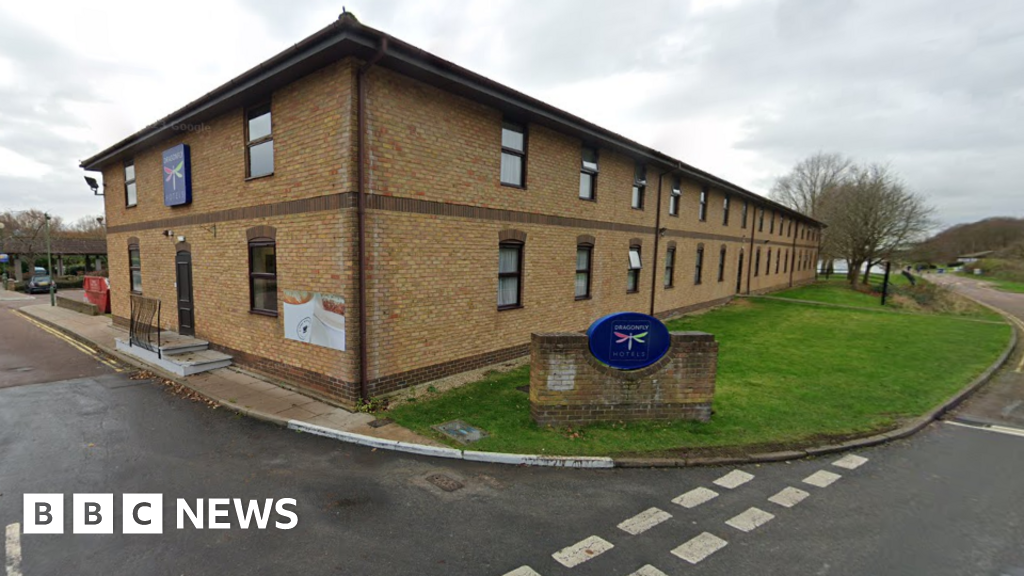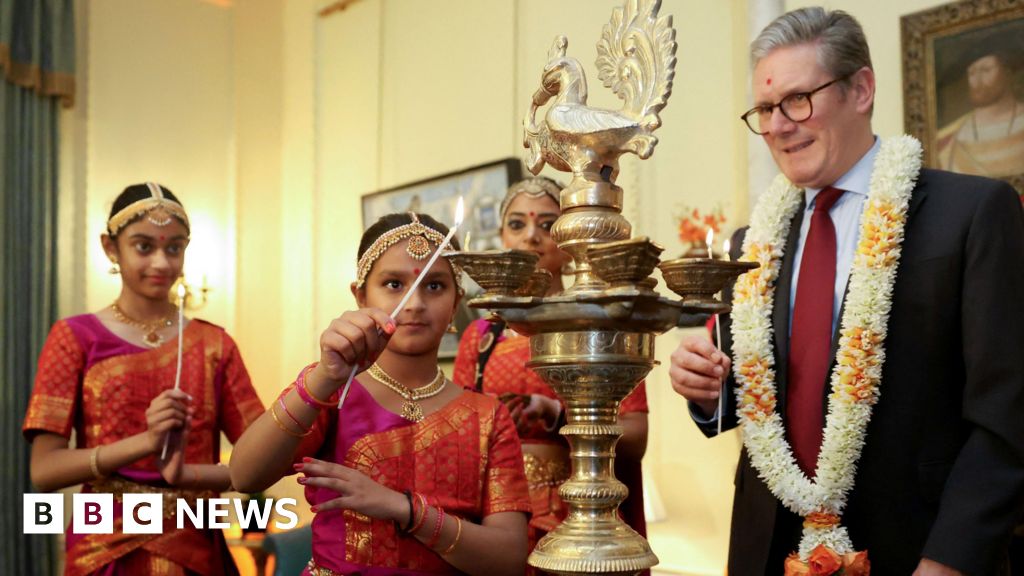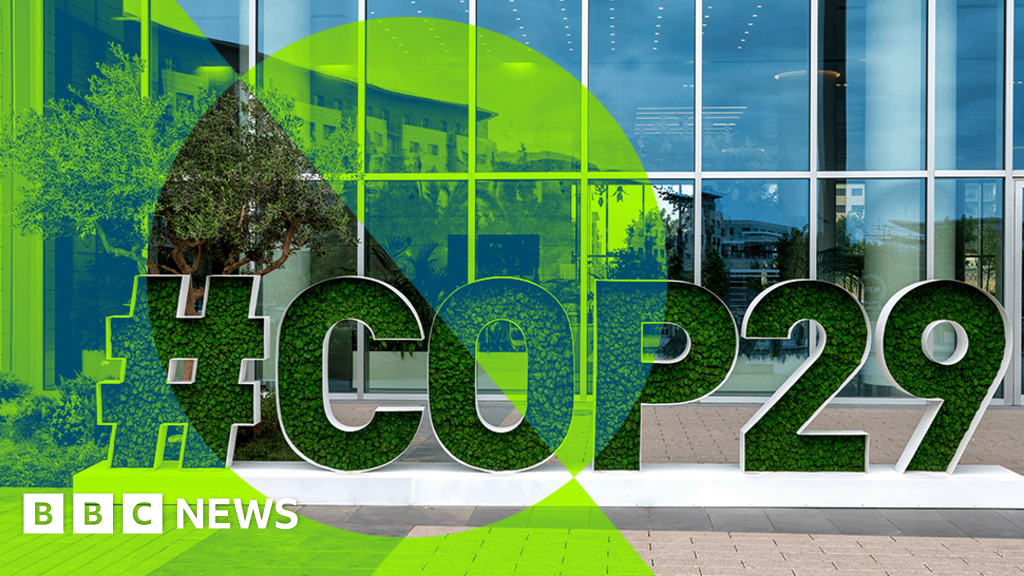ARTICLE AD BOX
By John Campbell
BBC News NI Economics & Business Editor
Image source, Getty Images/Paul Faith
Image caption,The protocol led to inspections at ports on certain goods imported into Northern Ireland from Great Britain
The UK government has indicated the European Court of Justice could have a role in the Northern Ireland Protocol.
It could mean the court ruling on issues of EU law, but not having the final say in protocol disputes.
The role of the European Court of Justice (ECJ) has not yet featured in current negotiations with the EU, but the UK is keen to engage on the issue.
On Friday, the EU will publish a new proposal for guaranteeing medicine supplies from GB to Northern Ireland.
It is understood to represent a significant advance on what it published in October.
It will include a way for the UK's medicines regulator to approve new drugs for Northern Ireland in advance of an approval by the EU regulator.
The UK has not agreed the medicines proposal, but it is expected that it will welcome it as a positive development.
The Northern Ireland Protocol was a deal agreed between the UK and the EU in 2019 as part of the Brexit negotiations.
It avoids a hard border on the island of Ireland by keeping Northern Ireland in the EU's single market for goods.
That creates a new trade border between Northern Ireland and the rest of the UK.
Analysis: Is the UK more serious about reaching a deal?
Nothing has been agreed, but these are certainly significant developments which open up more space in the negotiations.
The UK is moving their position by acknowledging that the European Court of Justice (ECJ) needs to be there to rule on matters of EU law.
However they are still adamant the ECJ cannot have the final say in Northern Ireland Protocol disputes.
There is a long way to go on this but it is perhaps a signal that the UK is more serious about trying to reach a deal.
Some on the EU side thought the demands on the ECJ meant the UK was merely going through the motions as a prelude to triggering Article 16.
The other significant shift from the UK is the acknowledgement that a big, comprehensive deal may not be possible, and instead will have to come in stages.
What they will want to do in the new year is focus more intensively on customs and agri-food, and how checks on goods coming from Great Britain into Northern Ireland can be minimised.
UK negotiators believe the EU will need to move significantly further on these issues.
And then they can start to tackle some of the other issues, such as the ECJ.
However, the protocol has caused practical difficulties for some businesses, while unionists say it undermines Northern Ireland's constitutional position as part of the UK.
The UK government has also said it wants to reverse its previous agreement on the oversight role of the ECJ, which is the EU's highest court.
Image source, Dan Kitwood/PA Wire
Image caption,Brexit Minister Lord Frost and European Commission Vice-President Maroš Šefčovič are leading talks on the NI Protocol
Its preferred option is a new governance arrangement in which disputes would ultimately be resolved by an independent arbitrator.
However, the government is now open to discussing a role for the ECJ which could draw on other EU agreements.
One example could be the EU's association agreement with Ukraine.
In that deal if a dispute arises relating to an interpretation of EU law, the arbitration panel that oversees the agreement requests a binding ruling from the ECJ.
On all other matters the arbitrators oversee the agreement without any ECJ involvement.
'Interim solutions'
The UK is also willing to accept a "staged" approach to fixing protocol issues rather than one comprehensive agreement.
That could involve tackling the most pressing practical and governance problems first before moving on to other issues.
A UK government source said: "Since the EU won't address all the issues we put on the table now, we are willing to look at interim solutions which deal with the most acute problems.
"But any such interim agreement must put a stop to the ECJ settling disputes between us and the EU, now and in the future."
Aside from medicines, the two sides are still far apart on practical issues concerning the movement of goods from Great Britain to Northern Ireland.
The UK believes that the EU has overstated the extent to which its October proposals would reduce checks on goods.
The government thinks the early months of next year will be the crunch point during which it will become clear whether a deal can be reached.
It wants to resolve the major issues in advance of next May's Northern Ireland Assembly elections.
Brexit Minister Lord Frost and his EU counterpart Maroš Šefčovič are both expected to speak to the media later on Friday.

 2 years ago
20
2 years ago
20








 English (US)
English (US)